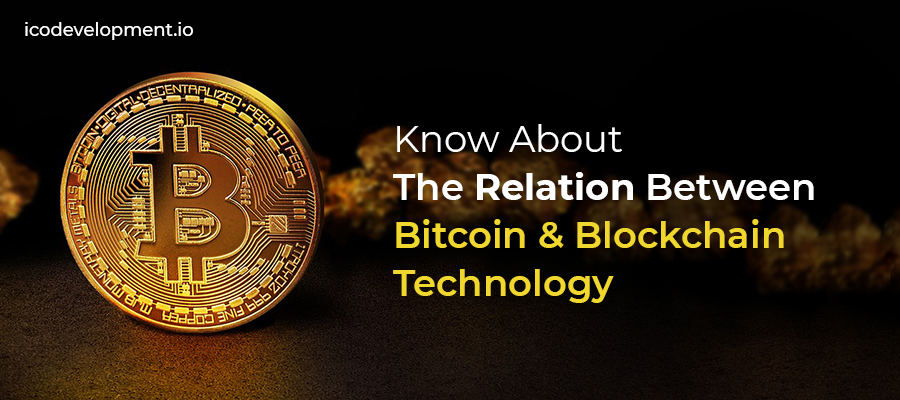The information technology refers to managing retrieve, transmit and manipulate data. These data systems are in use by everyone through their cell phone or computers, controlled by centralized service providers. But over the years these centralized authorities known as service providers, banks and other regulatory bodies have manipulated or stolen people’s information for personal gains. There was always a need for a decentralization on information storage and immutability of the same. Many attempts and concept paper are noted in history, but it was possible after a pseudonym known as Satoshi Nakamoto published a white paper named “Bitcoin: A Peer-to-Peer Electronic Cash System.” BitCoin, as we know, is a cryptocurrency whose trading resulted in enormous profits for many and massive loss for others. BitCoin is based on blockchain technology which creates a peer-to-peer network without a central authority.
What Is Blockchain Exactly?
The blockchain is a nothing but a distributed ledger. Apart from being a distributed and decentralized ledger, blockchain has the feature of immutability which means no one can tamper the data stored, it is secure as information stored is accessed through a private key assigned to nodes only and transparent information again to nodes only. These nodes are participants of blockchain who adds transactions in a block, are anonymous to one another and also checks the hash function for the consensus process. The consensus in simple word is an agreement of all parties to add a block on the blockchain. Here, 51% of the agreement is required to add a block on the chain. A hash function is generated to lock information on block cryptographically and also to connect the block with previous blocks. So there are two hash functions, one to secure the data on the block and one to connect the block to prior blocks. These functions appear in a combination of numbers and words, of which characters are going up to 60. Moreover, these hash functions provide the feature of the immutability of data as random numbers and figures cannot be solved without being a node on the said blockchain.
The blockchain development has over the years offered other related technologies such as Cryptocurrency mining and development, Initial Coin Offering Development (ICO development), Digital wallet development and smart contract development. Out of which cryptocurrencies are the reason blockchain hype is there. The BitCoin also was known as gold of cryptocurrency brought acceptance of blockchain technology worldwide in a short period.
Types Of Blockchain Development Options
Blockchain technology is empowered by Decentralized application (Dapp) framework. Dapps are open-source, self-governing app whose backend is blockchain. Mainly, there are three types of Dapps based on which an association or an individual can build the blockchain based application.
- Type I: This type of Dapp includes building the blockchain from scratch and requires extensive coding and programming skills for which an association usually hires blockchain development company as these companies have experienced blockchain developers.
- Type II: This type of Dapp includes using an existing blockchain platform to create your blockchain based application, for example, Ethereum provides secure development of decentralized ledger based on their platform. Compare to earlier type, this blockchain development option requires less knowledge but hiring a blockchain developer always a feasible and less-time consuming option.
- Type III: This type of Dapp includes developing a blockchain based extension or application which uses type II blockchain as a platform. It is relatively easy to build this type of blockchain if you are familiar with different kinds of programming language.
While choosing which type of blockchain development based on an individual or an association’s requirements and use, another factor which affects blockchain development is the cost as blockchain development requires a skilled blockchain developer especially, type I which includes developing the platform from scratch. Type II and Type III are more cost savvy for small associations or companies to use blockchain’s advantages and features.

